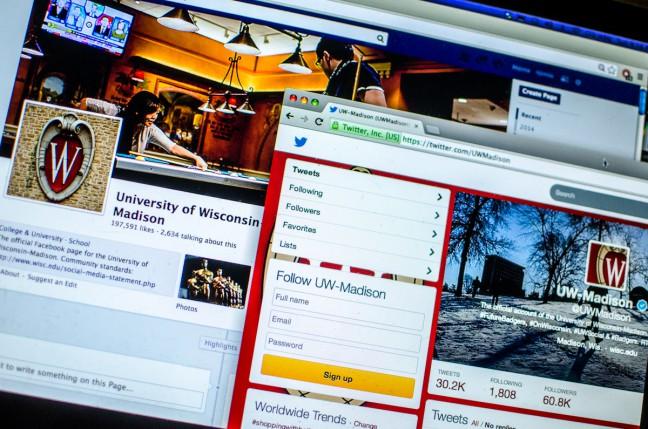Our society today is unlike any other in history. We are connected with people across the world more so than ever before, largely thanks to the luxury of cellphones and social media. Platforms like Facebook enable us to see what is happening halfway across the world, and to stay in touch with people we otherwise would not be able to communicate with.
Despite some advantages to Facebook, there is an incredibly alarming aspect to it as well — namely, the spread of misinformation that serves as a weapon against truth.
In a Ted Talk, journalist Carole Cadwalladr talked about how 62 percent of Welsh citizens voted in favor of Brexit because they felt that the European Union had not done anything for them. These results came despite recent EU-funded investments, which have had significant positive impacts on Welsh citizens — such as a £33 million investment in college education, a £77 million road improvement investment and a new train line, among other projects.
Fake news isn’t just fake facts — cherry-picking, misrepresenting the truth is still a lie
Despite these numerous investments, citizens of Wales had been led to believe the EU had done nothing for them, and they feared imminent and approaching troves of refugees. When Cadwalldr asked a local citizen on the street where she was getting information, the citizen explained that a majority of it came from Facebook — including completely false advertisements stating that Turkey was joining the EU and thousands of immigrants would sweep terrorists across their borders.
This, of course, was not in the same universe as the truth, but we’ve shown incredibly little concern for the truth in recent years.
In his book, “21 Lessons For the 21st Century,” Yuval Noah Harari wrote, “referendums and elections are always about human feelings, not about human rationality … This reliance on the heart might prove to be the Achilles’ heel of liberal democracy. For once somebody (whether in Beijing or in San Francisco) gains the technological ability to hack and manipulate the human heart, democratic politics will mutate into an emotional puppet show.”
It’s alarming to think we’ve reached a point in society where rationality and truth are forsaken in favor of the convenience of opinion, but the trend certainly dictates that it is indeed heading this way.
Recent Facebook scandal prompts need for government regulation of large tech companies
“People rarely appreciate their ignorance, because they lock themselves inside an echo chamber of like-minded friends and self-confirming news feeds, where their beliefs are constantly reinforced and seldom challenged,” Harari said in his book.
Coupling this logic with the fact that Facebook news feeds and the misleading ads within them cannot be searched by other users, we’ve gotten to a point where people can lock themselves in a virtual echo-chamber and be fed false information. Even worse, one cannot research the matter to prove it — only Facebook holds the key to that door.
Thomas Jefferson eloquently stated that an informed citizenry is at the heart of a dynamic democracy. Both abroad in England and here at home, people have been preyed on and led to believe misinformation that has resulted in once-in-a-generation consequences.
Perhaps nothing defines willful ignorance better than to believe an action such as Brexit in Britain will not have consequences reaching our shores.
We are at a crossroads in society, and it’s imperative that we have these conversations to hold Facebook accountable. This is a platform that currently has over two billion users, and this company has proven time and time again it is not responsible enough for self-regulation.
If we really deserve to be the gatekeepers of our democracy, then we need to bring this discussion to the desk of our elected officials. There are many issues we face in our society. But none of them can be appropriately tackled if we have lost the ability to separate fact from fiction.
Mitch Rogers ([email protected]) is a senior majoring in economics.














